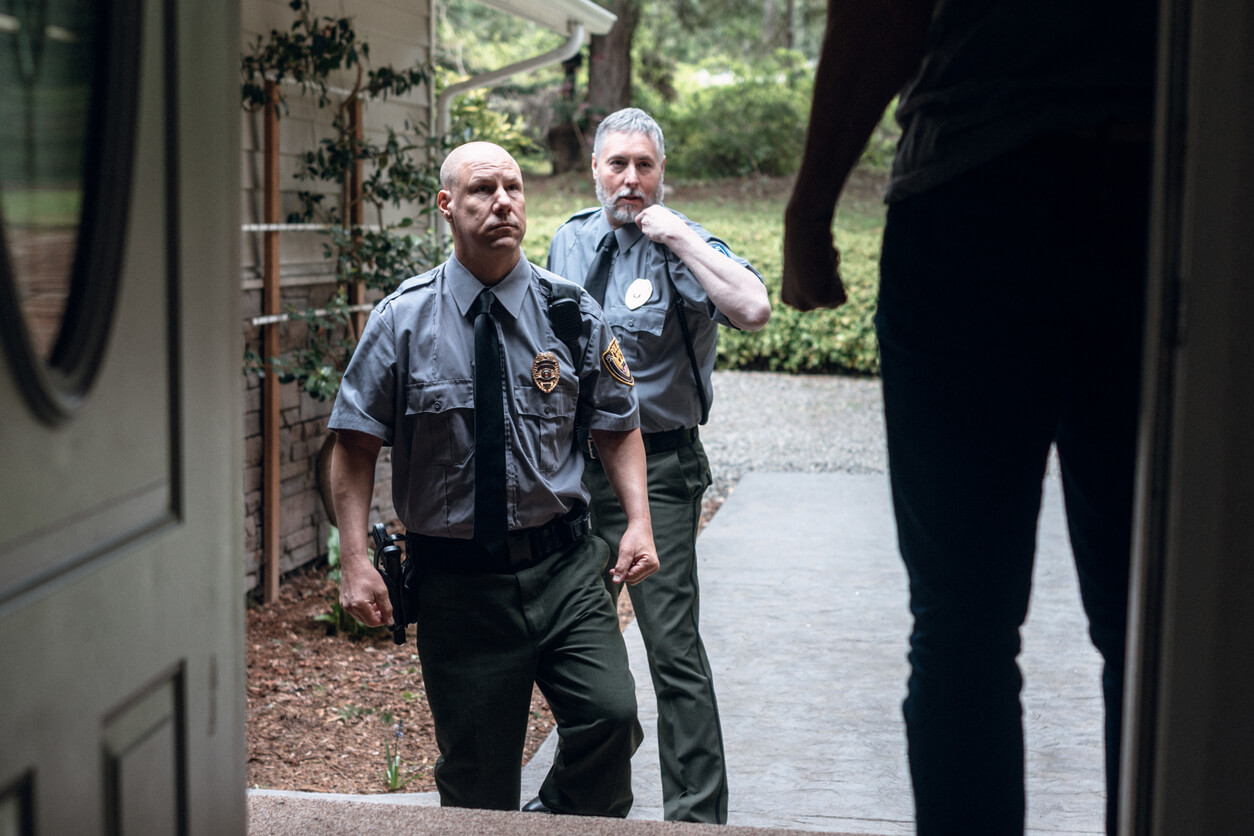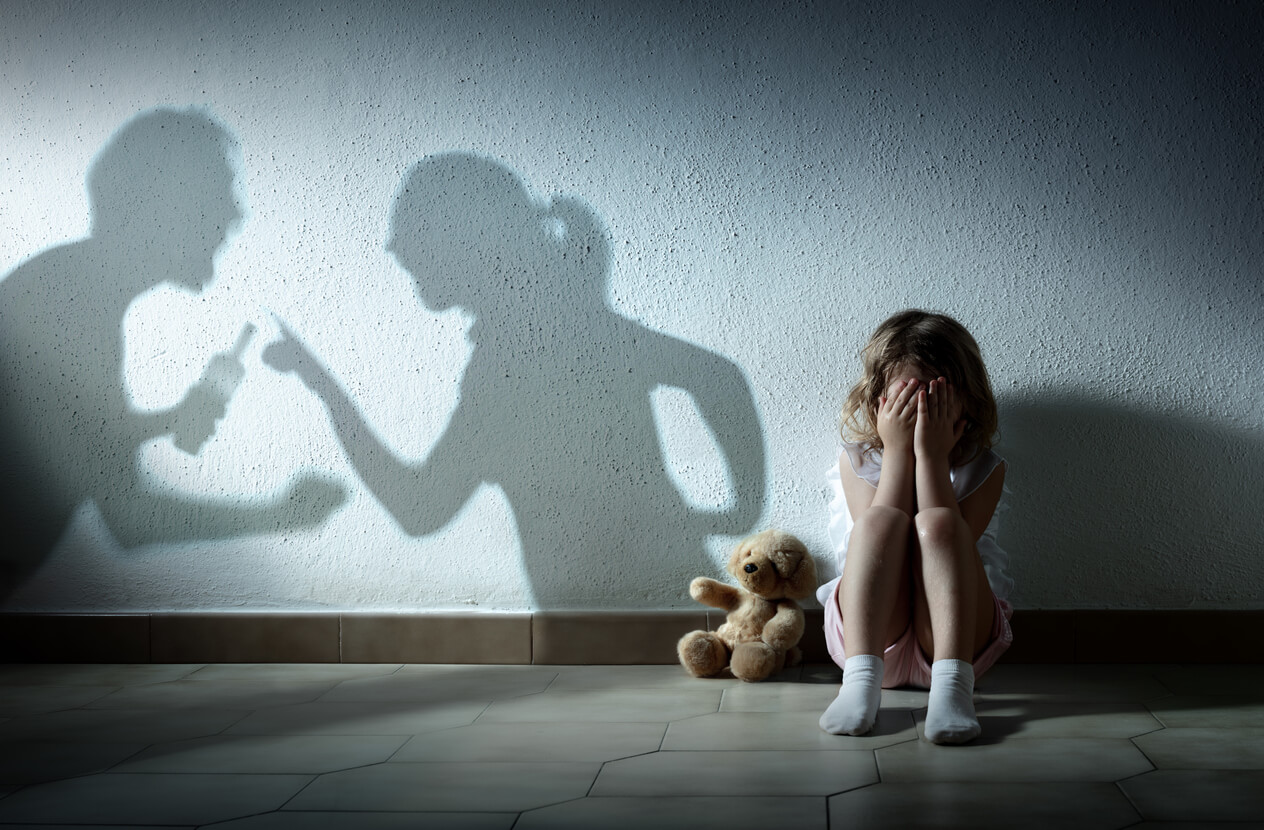Understand Your Rights
Facing accusations of domestic violence is a serious and sensitive matter that must be carefully tended to. In North Carolina, understanding your rights and taking the appropriate steps if accused of domestic violence is of the utmost importance. Here’s what to do if you have been accused of domestic violence.
Stay Calm
The first and foremost step is to remain calm, composed, and collected. It’s natural to feel a range of emotions, but reacting impulsively can have unintended consequences. Composure will serve you well in both legal proceedings and personal relationships.
Understand the Allegations
Gain a clear understanding of the specific allegations against you. Domestic violence accusations can encompass a range of behaviors, including physical violence, emotional abuse, or harassment. Understanding the nature of the accusations is crucial for building an effective defense.
Consult with an Attorney
Seeking legal representation is paramount when facing domestic violence allegations. A skilled North Carolina attorney experienced in domestic violence cases can provide guidance, explain your rights, and help you navigate the legal process.
Know Your Rights
Understanding your rights is crucial during legal proceedings. This includes the right to remain silent, the right to legal representation, and the right to a fair trial. Exercise these rights wisely to protect your interests.
Gather Evidence and Documentation
Collect any evidence or documentation that may support your defense. This may include text messages, emails, witness statements, or any other relevant material that can shed light on the circumstances surrounding the allegations.
Follow Court Orders
If a restraining order or other court orders are issued, it is imperative to adhere to them strictly. Violating court orders can have serious consequences and may negatively impact your case.
Avoid Contact with the Accuser
Refrain from any contact with the accuser during the legal proceedings. This includes avoiding in-person interactions, phone calls, or any form of communication that could be construed as harassment.
Participate in Legal Proceedings
Attend all scheduled court hearings and legal proceedings. Failure to appear can result in unfavorable outcomes. Your attorney will guide you on how to present your case effectively during these proceedings.
Consider Mediation or Counseling
Depending on the circumstances, mediation or counseling may be recommended. Participating voluntarily can demonstrate a commitment to resolving conflicts and may positively influence the court’s perception of your case.
Prepare for Trial
In the event that the case proceeds to trial, thorough preparation is essential. Work closely with your attorney to build a strong defense, cross-examine witnesses, and present evidence that supports your side of the story.
Being accused of domestic violence is a complex and emotionally charged situation. By remaining composed, seeking legal representation, understanding your rights, and carefully following legal proceedings, you can get through this time. A skilled North Carolina attorney can be your advocate, providing the guidance and representation needed to address the allegations effectively and work towards a fair resolution.
The Attorneys at Hancock Law Firm, PLLC Help Those in North Carolina Who Have Been Accused of Domestic Violence
If you have been accused of domestic violence, how you handle the situation can impact the outcome. Your best bet for handling it the right way is with the help of a knowledgeable and experienced North Carolina criminal defense attorney who understands what you are up against and will fight on your behalf. However, time is of the essence, which is why it’s best to contact a qualified attorney as soon as possible.
At Hancock Law Firm, PLLC, we fully understand what is at stake and will do everything that we can to help you. To learn more or to schedule a free consultation, contact us today!




